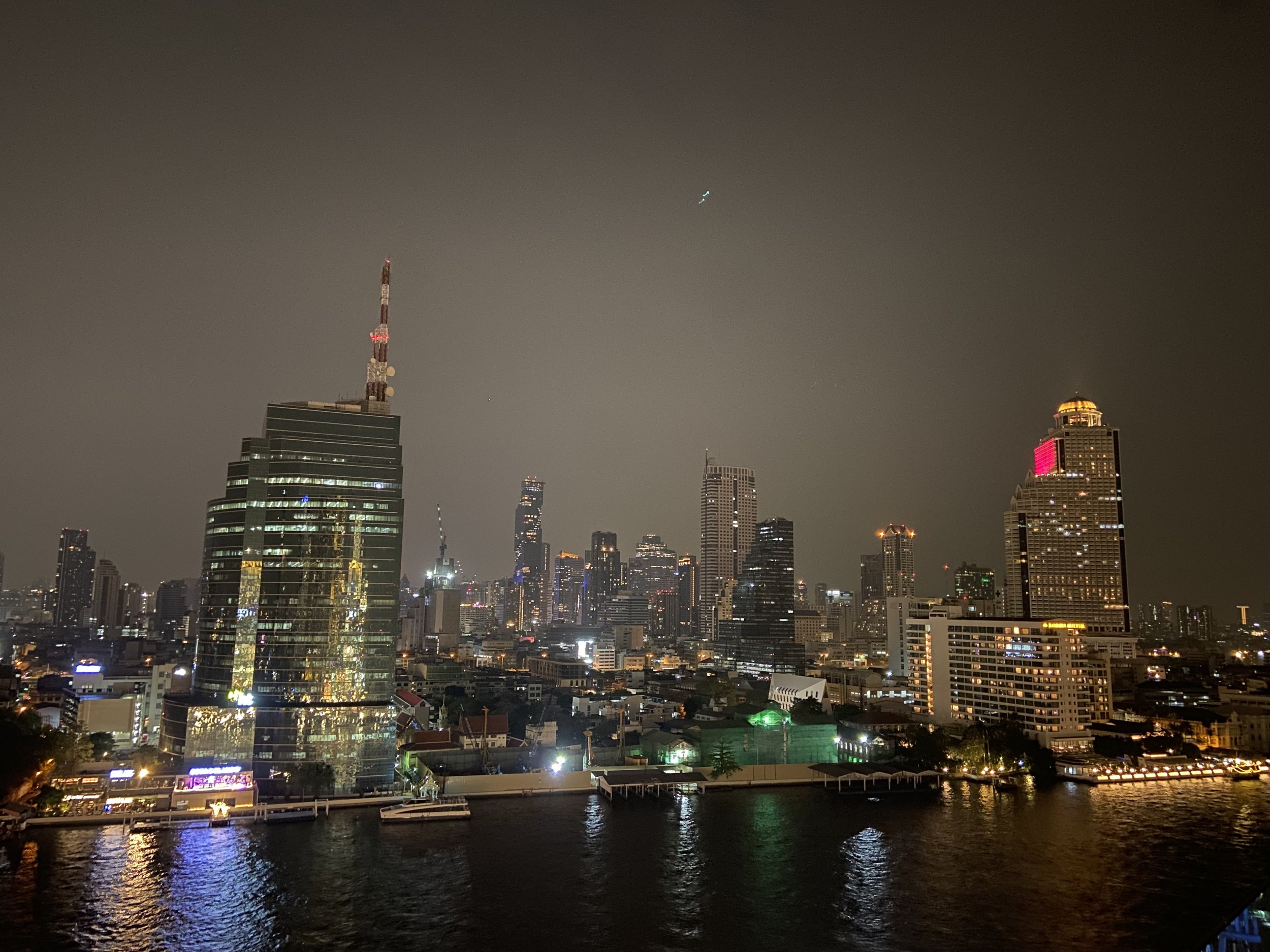
Avoiding theft and scams
Travel safe and travel smart
My #1 rule when traveling:
When you travel to a place you are unfamiliar with, it is ok and safe to ask locals for help, directions, etc. I like to say that 99% of the people out there have no desire to take advantage of you and will gladly offer help if asked. You should be cautious when someone offers help WITHOUT you asking.
How to Avoid Theft and Scams While Traveling
Traveling should be about making amazing memories, not dealing with theft or scams. While most people you meet on your journey are kind and genuine, there are always a few who might take advantage of an unsuspecting traveler. Protecting yourself doesn’t mean being paranoid; it means being prepared. Here’s my practical guide to staying one step ahead while you’re out exploring the world.
1. Blend In Like a Local
When you’re walking through a new city, the goal is to look confident and like you know where you’re going—even if you don’t. Scammers often target people who appear lost, distracted, or overly touristy.
Leave the oversized map and flashy camera at the hotel. Instead, use your phone discreetly to navigate and research. If you need to stop and figure something out, step into a café or corner to avoid drawing attention.
2. Keep Your Valuables Secure
Your valuables need to be out of sight and hard to access. Think of your bag as a castle, and you’re the gatekeeper. Use crossbody bags or backpacks with zippers that lock or are hard to reach. If you’re in a crowded area, wear your bag in front of you instead of on your back.
For extra security, invest in a money belt or neck pouch to store your passport, cash, and credit cards. I know—they’re not exactly fashionable—but they’re effective. Another trick? Carry a decoy wallet with a small amount of cash and expired cards. If someone does try to mug you, that’s what you hand over.
3. Be Smart About ATMs
ATMs are hotspots for scams, especially in tourist areas. When you need cash, stick to machines inside banks or well-lit, secure locations. Always cover your hand when entering your PIN, and watch out for skimming devices (fake card readers attached to the machine).
And here’s a solid tip: avoid carrying all your cash in one place. Split it between your wallet, money belt, or a hidden pocket in your luggage.
4. Beware of Common Scams
Scammers have creativity down to an art. Some common ones to watch out for:
“The Friendly Helper”: Someone offers to “help” you with your bags, directions, or photos and then demands a tip—or worse, runs off with your belongings.
Fake Police: Someone claiming to be law enforcement asks to check your ID or wallet. Always ask to see their badge or take the interaction to a public place.
Spilled Drink/Dirty Jacket: A stranger “accidentally” spills something on you and offers to help clean up—while their partner picks your pockets.
Too-Good-to-Be-True Tours or Deals: If a deal feels suspiciously cheap or someone is pressuring you to book immediately, walk away.
Research common scams in your destination beforehand so you can spot the red flags.
5. Secure Your Tech
In today’s world, your phone is as valuable as your passport. Keep it secure with a password or biometric lock, and don’t leave it sitting on tables or counters in public spaces.
When using public Wi-Fi, be cautious. Avoid logging into sensitive accounts, and consider using a VPN to protect your data. You’d be surprised how easily hackers can access your information over unprotected networks.
6. Keep Copies of Important Documents
Before you leave, make digital and physical copies of your passport, ID, travel insurance, and itinerary. Email the digital versions to yourself or store them securely in the cloud. If something goes missing, having copies makes replacing them much easier.
7. Trust, But Verify
Meeting locals is one of the best parts of travel, but don’t trust everyone blindly. Be cautious if someone’s being overly helpful or asking for personal details. Scammers often rely on creating a false sense of trust.
At the same time, don’t let suspicion ruin genuine interactions. Most people you meet are kindhearted and just as excited to chat with you as you are with them. Trust your gut—it’s usually spot-on.
8. Stay Aware in Crowded Areas
Pickpockets thrive in tourist-heavy spots like markets, trains, and festivals. Keep your hand on your bag in these situations, and don’t put anything valuable in your back pocket.
Another tip? Avoid flashing expensive items like watches, jewelry, or electronics. The less you advertise, the less attention you’ll attract.
Why It’s Worth the Effort
Staying safe while traveling isn’t about being overly cautious—it’s about being prepared so you can enjoy yourself with peace of mind. A little planning and vigilance go a long way in keeping your adventures fun and stress-free.
So go out there, explore, and make amazing memories. Just keep your eyes open, and your valuables close. 😊
